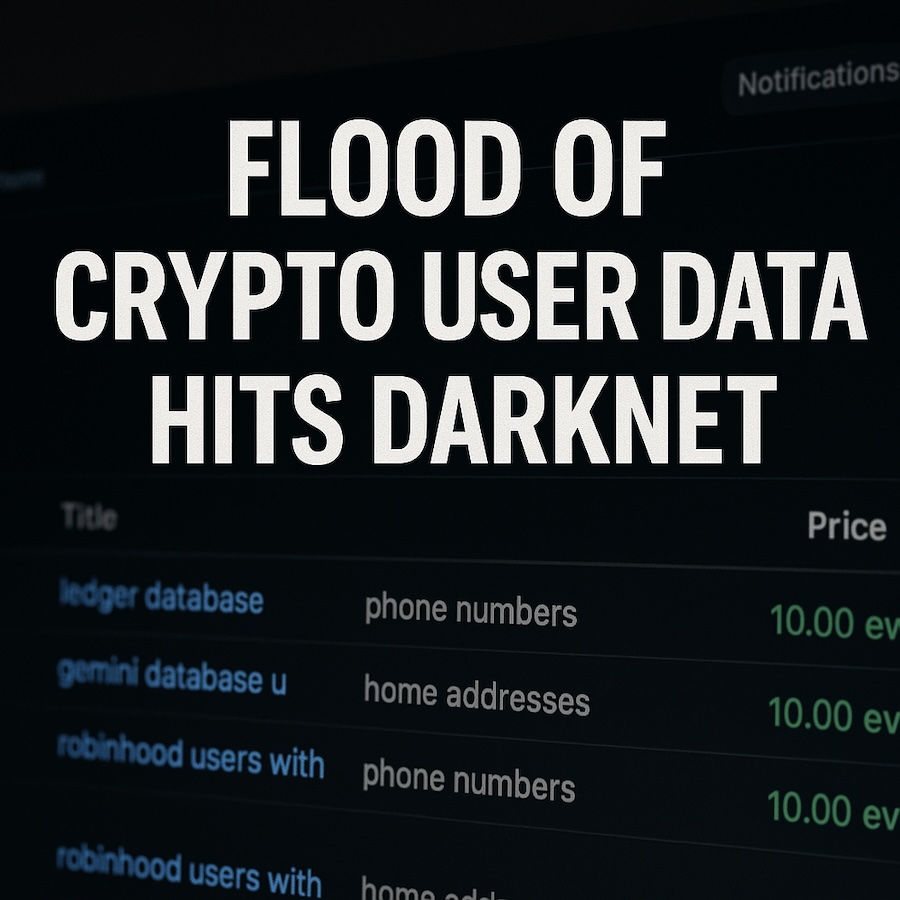In a cautionary tale underscoring the evolving tactics of online fraudsters, a Chicago graduate student nearly lost her life savings to an elaborate fake job scam that ultimately ended with her Social Security number leaked onto the dark web.
Shelby Springer, a recent grad school student, was applying for remote positions when she stumbled upon a seemingly legitimate job posting for a remote proofreading role at a respected Californian educational institution. The position, listed on Indeed.com, claimed it involved working with international students and offered the flexibility many job seekers crave.
Springer did her homework. She verified the school’s existence, checked state Board of Education records, and ensured the listing appeared consistent with other legitimate employment opportunities. Everything checked out—until it didn’t.
After submitting her application, she was contacted for a virtual interview, during which the interviewer’s emails were filled with grammatical errors—ironic for a proofreading position. But Springer assumed that was part of why they needed her.
Once she was “hired,” the onboarding paperwork quickly turned suspicious. She was asked to provide personal details, including her full name, home address, bank account, and Social Security number. Shortly after submitting her information, the “employer” blocked all communication and disappeared.
Worried, Springer contacted her bank and signed up for an identity theft monitoring service. Within 48 hours, she was notified that her Social Security number was found on a known darknet leak repository.
CBS News confirmed that the job posting was fake. The school in question received multiple calls from others who had also seen the listing and were confused about its legitimacy. The school confirmed no such role had ever existed.
Indeed released a statement noting that they remove tens of millions of listings monthly that don’t meet internal guidelines. While they claim to take action against fraudulent employers, the volume of scams slipping through exposes a dangerous vulnerability in online job platforms.
This scam is just one example of how cybercriminals weaponize trust and urgency to extract valuable personal data—only to turn around and sell it or distribute it on darknet forums within hours.
Job seekers are advised to be cautious when asked to provide sensitive information—especially early in the application process—and to treat unsolicited or fast-moving offers with suspicion.



